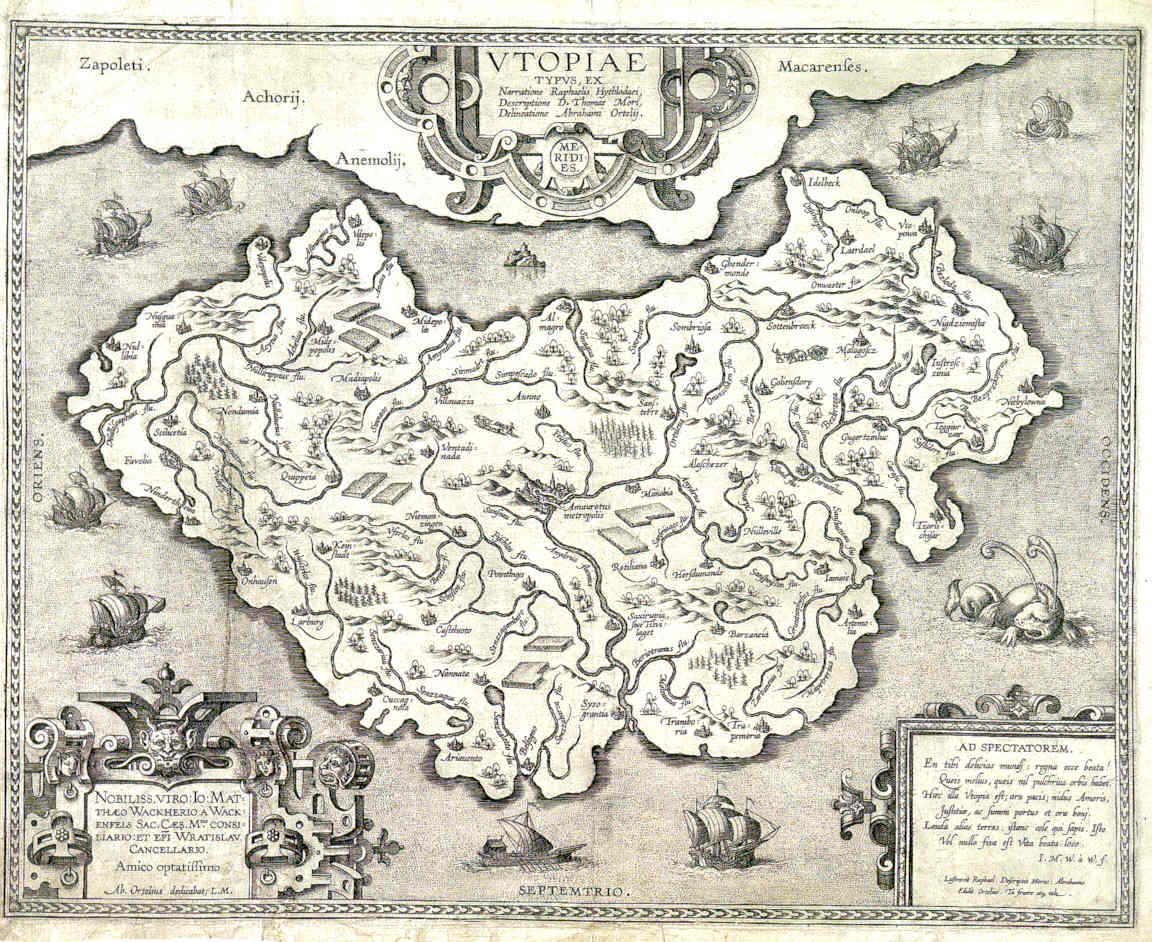 |
| Lenin carpet, In the National Museum (formerly Lenin Museum) in Bishkek (2007) via Wikimedia. |
 Lenin on the Train by Catherine Merridale
Lenin on the Train by Catherine MerridaleMy rating: 3 of 5 stars
This was an interesting history of the Russian Revolution and Lenin's trip from exile in Switzerland via train through Germany and on to Petrograd. The work covers (loosely) the time period from February (Julian Calendar) 1917 and the overthrow of the Tsar, and culminating in the Bolshevik's overthrow of the Provisional Government, led by Lenin, in October (Julian) 1917. This is quite a scholarly work with excellent referencing and suggestions for further reading. The level of detail filled in so many blanks in my historical knowledge by focusing rather narrowly. I was grateful for this focus, but I was also left with no clear end-point for the historiography. No sooner had Lenin's train arrived and he suddenly appeared in the mausoleum in the present day having his suit tailored (after killing millions of people). This sets the work up nicely for a historical sequel, but given the level of detail up until Lenin's arrival, the subsequent lack of detail was somewhat disappointing. Nevertheless, I found it hard to put this book down, and I learnt many new things. In particular, whenever I have read inside cover biographies of W. Somerset Maugham, I discovered he worked in propaganda during the Great War. But I did not know how involved he (or Hugh Walpole for that matter) was involved in Britain's spying on the Russians at the time. I also discovered that much of Maugham's backstory is sitting on my bookshelf in the as-yet unread Ashenden. Walpole's book, The Dark Forest, is about this time period and was mentioned in Hemingway's short story The Three-Day Blow, which I read just before this book. I discovered Merridale's work as a result of an interesting Twitter project where Lenin's revolution, one hundred years later, is being covered day-by-day via tweets. See: "Relive the Revolution". Now, I really do not like Twitter but if it could be more often like this I would be hooked! I recall discovering this book after I had discovered Russia Today, a Russian English-language news service. RT's animation of Lenin's journey provides a helpful recap of the book's chronology, see: #Lenintracker, it is a blast! So an interesting journey comes to a close, 100 years ago for Lenin, and just today for me. My next steps will be to read Maugham and then some Hugh Walpole. Moreover, I shall dig up some G.K. Chesterton, who, incidentally, was not only mentioned by Hemingway in The Three-Day Blow, but was also connected with Maxim Gorky and wrote the foreword to Creatures That Once Were Men. A fruitful experience overall, even if a review of this book in The Spectator reckons that the twentieth century would have turned out better if Lenin was left, cranky, and without a train, in the Swiss Alps.
View all my reviews
 Donate
Donate








